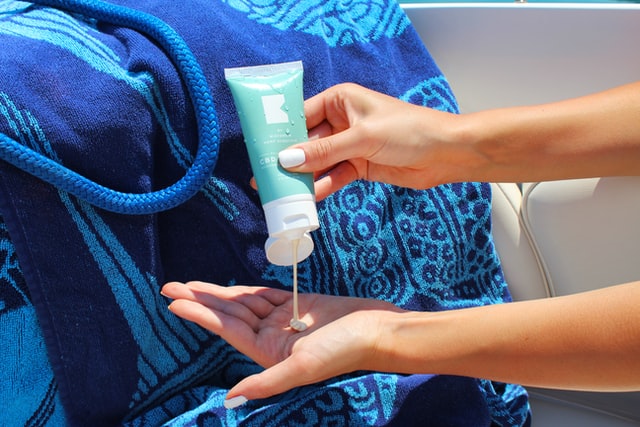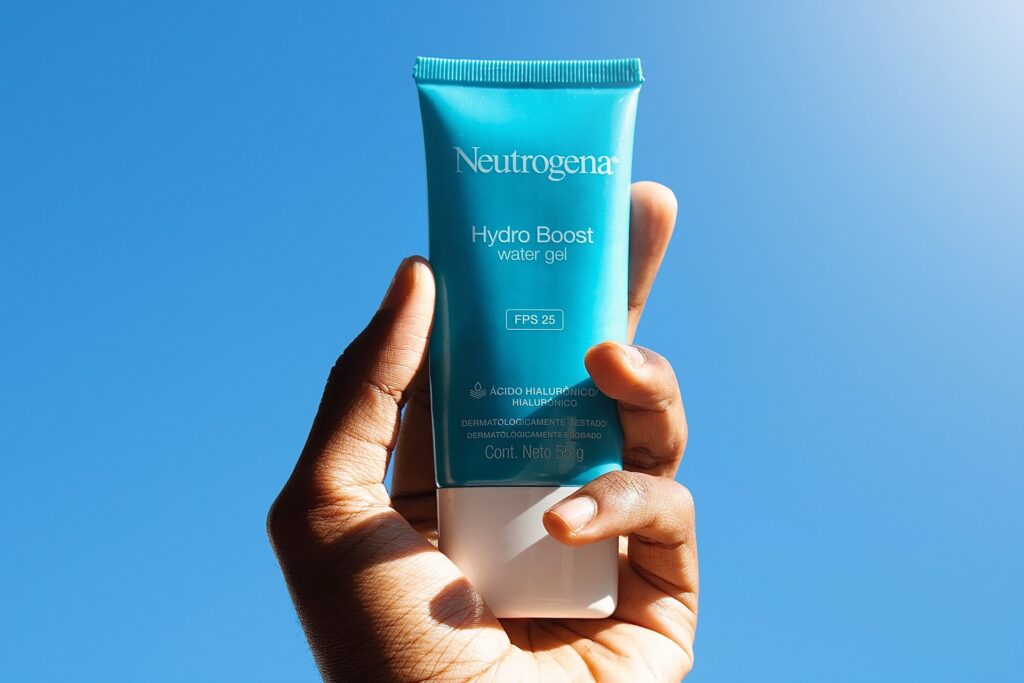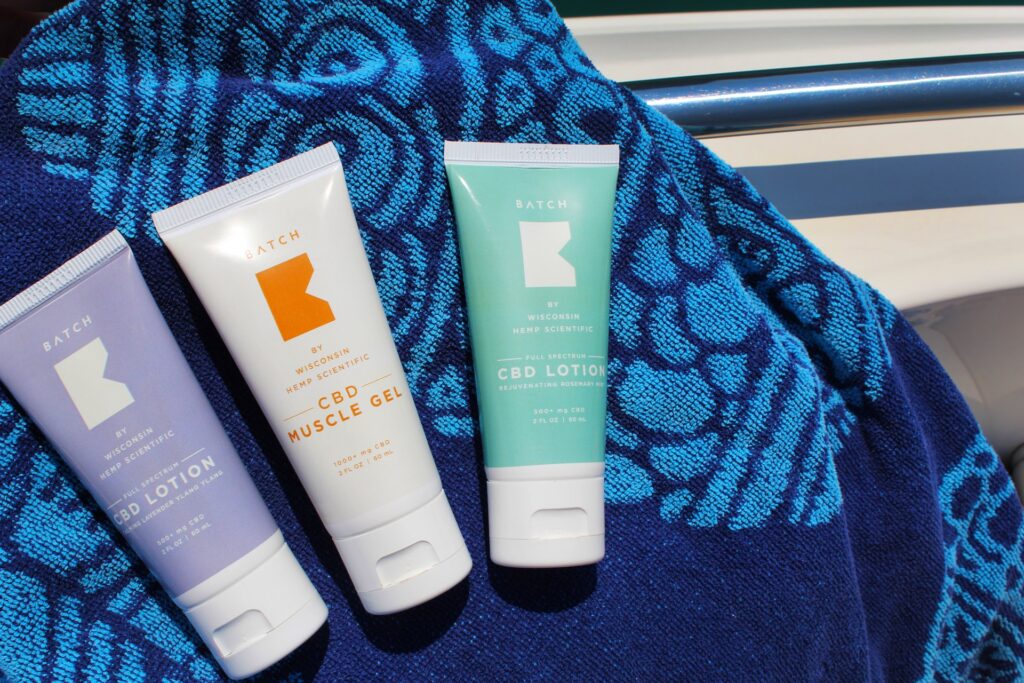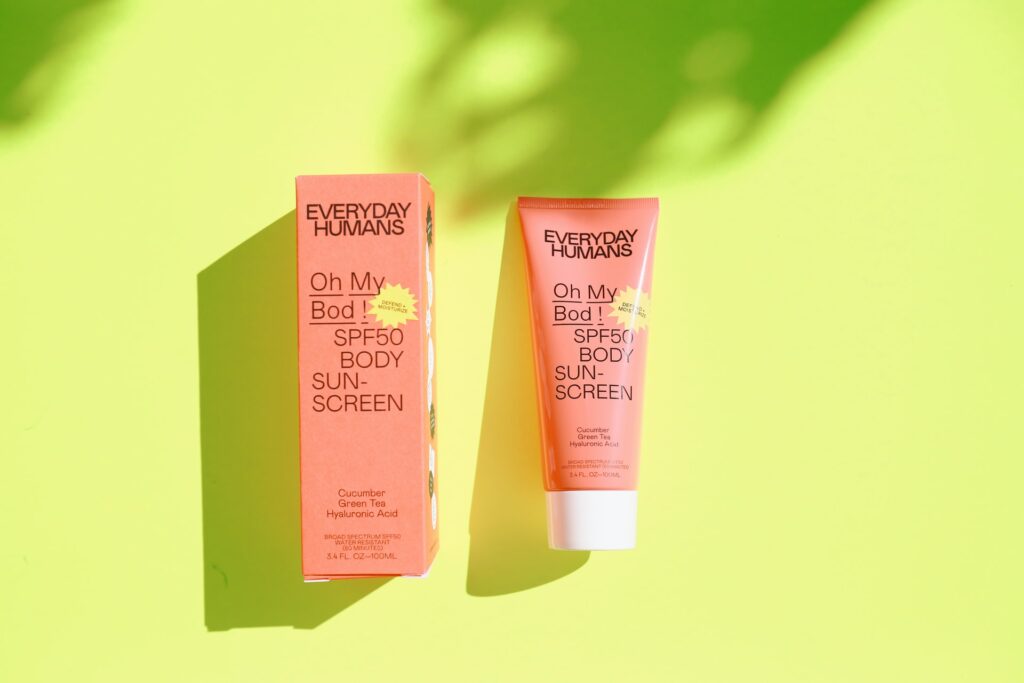
Saving your skin from the sun has finally become a necessity we are all aware of. Well, at least most of us. Celebrities promote sunscreens and brands telling us that they don’t leave the house unless they apply a high SPF, even on cloudy days. What does science say? Firstly, it says that even though we know that saving our skin is important, we’re extremely ignorant and lazy when it comes to taking action steps and making some lifestyle changes to protect our skin the way we should.
Secondly, and more importantly, it says that the long sun exposure makes our skin suffer, and has potentially detrimental effects on our health. Due to the sun’s UVA, UVB, and UVC rays’ ability to protrude through the several layers of skin, reaching even the inner ones, the sunburns we experience cause our skin cells to change – in a bad way. This means that they die, get damaged, or in the worst-case scenario, develop cancer. According to DeListProduct, the skin changes visible to our eye are the ones people often pay attention to.
They include cell clumps on your face and hands that are actually freckles and moles. They can be healthy, but if they are a result of bad skincare, they can develop into malignant tissue.
Other than that, wrinkles, as well as dark spots, is common for people who spend too much time in the sun, with no protection.
All of this makes you wonder, what should I do to save the biggest organ of my body? Just apply the sunscreen, right? Simple. Easy. Go to the store, pick any sunscreen you find, apply it on your face, hands, or even the whole body, and you’re good to go. Well, that is not the case.
There are several factors to pay attention to when buying sunscreen. From the ingredients to the right SPF, hundreds of brands and prices, the lasting hours on your skin, waterproof or not, oils or sprays, you already feel the shopping dizziness? This is exactly the critical moment when you reach out to the cheapest one and think to yourself – they’re all the same, why would I care.
3 Reasons to Avoid buying Cheap sunscreens
1. The Cheaper Is (Usually) Not the Better

Buying the most expensive sunscreen isn’t gonna work the best for your skin nor there’s a guarantee that the most expensive product is necessarily better. At the same time, choosing ridiculously low priced products is definitely not the right solution if you want to take care of your skin the way you should. Buying a sunscreen for only 50 cents or two dollars may sound tempting but you actually don’t know what you’re putting on your skin and what your skin is absorbing directly into your bloodstream.
Oftentimes it is a question of personal preference, if the cheaper sunscreen has pore-clogging oils but you have dry skin, it may actually work for you. Checking the ingredients on every bottle you consider buying is the only relevant thing and that could help you choose the right skin protection.
However, you may end up overwhelmed by reading thousands of names for the ingredients that you don’t understand. This means that you should research what ingredients are bad for your skin and try to avoid them. The truth is always somewhere in the middle so the right ratio of quality and price is what you should go for.
2. Dermatologically Tested? Not Really

Renowned brands invest their money in dermatology research and testing because they cannot afford to lose their clients and face potential lawsuits. Other than that, they also invest money in branding and in quality products, to beat the competition and stand out compared to the others. Whether it is finding an innovative formula that will make your skin well hydrated along with the best UVA/UVB protection, or it’s the most beautiful smell that comes from natural ingredients rather than alcohol-based, building a big brand consists of building a strong trust with its consumers, and that is something that can’t be bought nor faked.
On the contrary, cheap alternatives almost by default count on the low price, focusing on quantity over quantity, which sadly, works for most of the time. They don’t invest in lab science and testing, but rather in hyperproduction. That is exactly where you should ask yourself, should you be concerned about skin cancer from exposure to the sun, or from the toxic ingredients in your sunscreen? The organic, FDA-approved, high-quality ones will not contain ingredients such as oxybenzone, octinoxate, or nanoparticles.
3. Dermatologically Tested? Not Really

Cheap sunscreens are usually alcohol-based and they also have strong aromas, to provide their customer with a beautiful fragrance-like experience. Combined with oil ingredients and certain toxic substances, they are not the right choice for people with sensitive skin. Most of the time, you will find small letters that say it’s not advised to use for pregnant women and children. If you’re saving yourself from cancer, it doesn’t mean you should expose yourself to having allergic reactions, acne, irritation, or itching.
You should also pay attention to your eyes since it’s not uncommon for sunscreen to result in eye irritation as well while applying sunscreen to your face. The most common difference between cheap and expensive products is in non-native ingredients – a mixture of ingredients that allow brands to make the most cosmetically pleasing products that will attract the customers with its scent or a shiny label on the front.
If you wear the sunscreen every day, you must be careful with what you choose to purchase. Investing in your skin is a long-lasting, lifetime investment that will most certainly pay off by keeping you healthy and beautiful. It is worth the extra effort and the extra money if it’s a product you use on a daily basis. Choosing an organic, or vegan, and ideally, sustainable sunscreen could help your skin get protected, but without having to absorb sulfates, parabens, and synthetic fragrances.
Good skincare consists of hydration, sun protection, the right food intake, exercise, and enough sleep. To save your skin from the sun, invest the same amount of money you would use for purchasing a daily cream, night cream, or a fragrance. Give more to get more!







